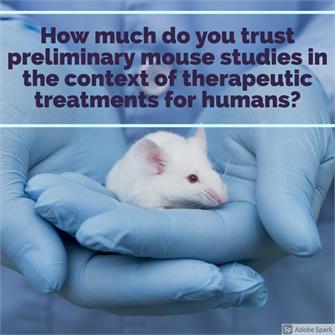Peripheral nervous system cannabinoids may increase neuromuscular communication
Many studies focus on how cannabinoids function in our brains. Of course, most of us have heard about the cannabinoids which can make us feel joyful and light. Some are familiar with cannabinoids that can make you feel creative, giggly, sleepy, or hungry. As time marches on, people are starting to hear of cannabinoids that can help with improving focus or reducing appetite.
In addition to the many areas of exploration about cannabis and its action within the brain, there is a whole sector of the endogenous cannabinoid system that resides outside of the brain. Almost every immune cell, for example, has a cannabinoid receptor on it, ready to receive the signal to change its behavior.
Let’s explore the therapeutic effects of cannabinoids that are outside of the brain in our peripheral nervous systems.
Cannabinoids and the Neuromuscular Junction
The neuromuscular junction is the name of the region which links the motor nerves in the body, which control movement, to our skeletal muscles.
In the brain, endogenous cannabinoids such as 2-Arachidonoylglycerol (2-AG) have been shown to decrease neuromuscular junction transmission. They are also shown to promote reduced communication between motor neurons and skeletal muscles.
The opposite effect happens in the peripheral nervous system, where cannabinoids happen to actually increase neuromuscular transmission. The authors of this paper about neuromuscular transmission also found that cannabinoids may provide therapeutic potential for diseases such as myasthenia gravis. Here, there is a breakdown in communication between nerves and muscles, as well as many other models of disease where neuromuscular communication is vital to normal functioning.
In a mouse model of myasthenia gravis, administration of the cannabinoid WIN 55,212-2 increased neuromuscular communication, suggesting that peripheral nervous system cannabinoids are worth consideration for therapy for individuals with this, or related autoimmune diseases.
Enhancing Neuromuscular Communication with Cannabinoids
If neuromuscular communication can be enhanced or suppressed by cannabinoids, it is logical that products will arise that can manipulate the neuromuscular junction toward desired aims, like:
-
Stronger grip
-
More durable hold
-
Muscle strength
-
Endurance
These are interesting questions to consider as the medical cannabis industry matures.
Is the athletic community aware of these advances? Would this effect prohibit cannabis from the acceptable medicinal substances list? Is cannabis a performance enhancing drug?
The answers to these critical questions will present themselves in short time, as the industry matures and products become more specific. A clear understanding of the relationship between products and illnesses needs to be honed.
Would You Like to Explore Cannabis for Performance?
To learn how cannabis may be able to enhance or suppress your physical performance, book an appointment with our medical cannabis doctors through our virtual booking link or by giving us a call (617-500-3595).
Dr. Caplan and his team at CED Clinic in Chestnut Hill, MA are available to guide and support you!
Additional info provided- can probably be removed-
Social Media Post
While most studies have looked at how cannabinoids act in the brain, this study finds a novel therapeutic potential of cannabinoids in the neuromuscular junctions of the peripheral nervous system. Here they find that cannabinoids can increase communication between the nerves and muscles in the peripheral nervous system. This had the ability to negate the neuromuscular communication breakdown in a mouse model of the autoimmune disease myasthenia gravis.
Tweet
A preliminary mouse study suggests that cannabinoids in the peripheral nervous system may increase neuromuscular communication and are a therapeutic potential for autoimmune diseases such as myasthenia gravis.
Infographic/Question
How much do you trust preliminary mouse studies in the context of therapeutic treatments for humans?
